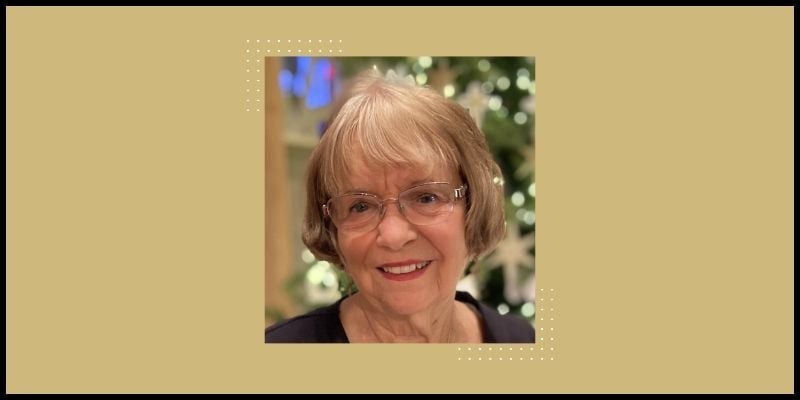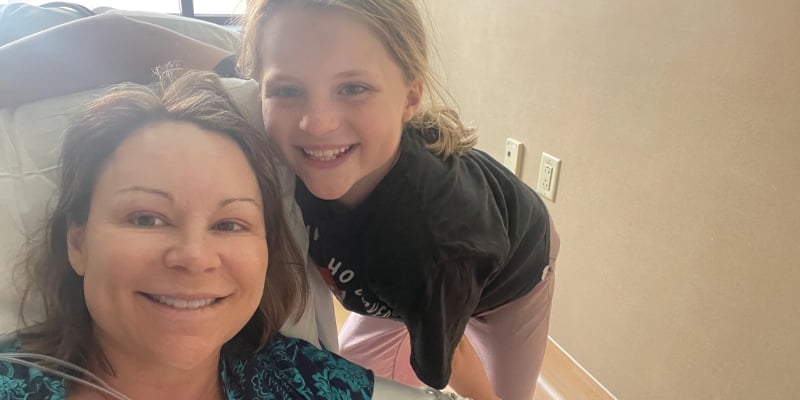Tiersa Pialet is a veteran. So are her parents. Her grandfather was also a veteran. And she is finding a way to continue serving without being on active duty.
Pialet earned her BS in Nursing and joined the Air Force. She was commissioned into the Air Force Nurse Corps. Soon after, she was medically discharged because of a knee injury.
“It was pretty devastating to me,” she says. “I was planning a lengthy career in the Air Force as a nurse. So, I came home to Colorado Springs and found a way to help veterans the best I can, even though I can’t have that active duty component anymore. My family has a long military history, so continuing my family’s legacy to support families and soldiers is so important to me.”
Pialet is earning her Doctor of Nursing Practice in Veteran and Military Health Care Leadership through the University of Colorado College of Nursing at Anschutz Medical Campus. She also previously earned an MS in Nursing through the VMHC program.
“When earning my master’s degree, I saw students earning their doctorate, and I appreciated they were learning executive leadership at a higher level,” she says. “And so far, getting that education at a higher level has been so helpful in my current job because we have highly educated people within the military system.”
She currently works as the chief of referral management for the Colorado Military Health System Market. Her role encompasses supporting medical treatment facilities at the Air Force Academy, Evans Army Community Hospital at Fort Carson, and Peterson Space Force Base.
“It’s a huge benefit to be able to give back to veterans,” she says. “I appreciate the knowledge I’ve gained through CU Nursing’s VMHC program, and now I can take that knowledge and educate other healthcare professionals and patients.”
She says her DNP will allow her to look beyond bedside nursing. She wants to identify policies or other changes that might be needed at higher levels of veteran and military healthcare.
“I’ve loved both programs, and I’m so happy I ended up with these degrees,” she says. “This program has been so invaluable to me because of the camaraderie our cohort has built. Even with people in our program who don't have personal military experience, hearing their stories and experiences has helped me support my colleagues and patients.”
Getting Better Access to Care
Pialet says a challenge in the military and veteran healthcare is a complex system. She says it’s also difficult for veterans to know what healthcare resources are available to them, along with the process of getting those resources.
She’s working on a way to change that – and make the process easier.
Pialet’s capstone project is a program evaluation related to referral management for veterans’ care. She created a toolkit, providing education and resources for employees at Colorado’s medical treatment facilities. She says the resources are important because a referral for specialty care is a critical part of a patient’s health journey.
“If we're not helping identify referrals and making sure it’s a safe transition of care, there could be a bad outcome for that patient,” she says. “Without these resources, patients could get a diagnosis or treatment later than they should. So the end goal is that safe transition of patient care.”
The toolkit has been in place for a couple of months. Right now, the updated referral system is focused on certain patients who need a specific kind of referral, but she hopes it will expand.
“It’s also important to keep all of our employees trained and up-to-date,” she says. “We want to meet certain standards of policy, so this toolkit will help meet that standard. It’s helping facilities make sure they make referrals in a timely and safe manner, and then making sure that referral gets to where it needs to be in.”
Pialet experienced the military healthcare system when she was medically discharged from the Air Force. She admits she didn’t realize the complex process of military healthcare and, at the time, didn’t feel confident enough to have someone explain the process to her.
“I understand what it’s like, and it gives me empathy,” she says. “I tell people, ‘Let me share more knowledge with you, and maybe we can help expedite things. Or, I can guide you to the right process to get it done'.”


